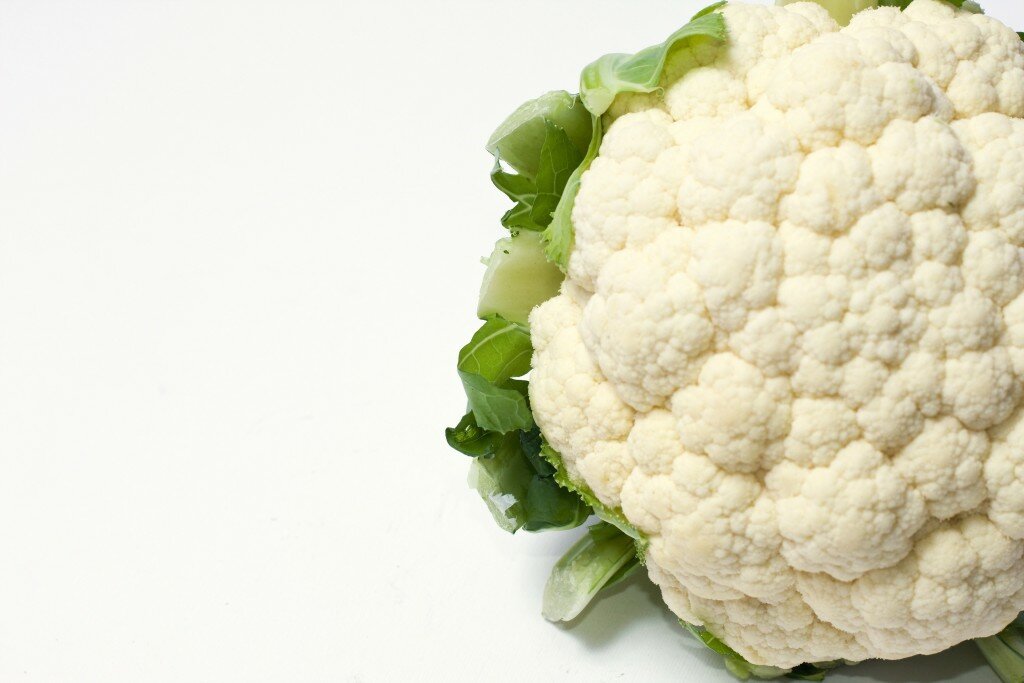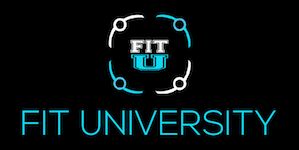In March, I went vegetarian in and have spent the past few months trying to figure out how to best balance that with a busy and active (as a college athlete/runner) lifestyle, while using what I’ve learned in the past year about refined sugars and other aspects of nutrition.
Vegetarianism is a journey to a healthier eating style and lifestyle that I’ve chosen to embark on and share with you, but by no means is my way perfect, or even something that I’m saying you should adapt. You should do what’s right for you; everyone’s bodies are different and beautiful.
Right before summer, I tried to switch to a more plant-based diet overall, embracing lots of vegan foods and recipes and trying to read labels and menus more closely. I realized how many of the foods I was eating were practically swimming in extra butters, oils, sugars, salts, and more things that I just didn’t want to eat if I could avoid it.
As you may have heard before, the general clean eating guideline is 80% “clean” with 20% wiggle room. I don’t love the terminology of clean vs. dirty foods, but there are definitely foods that have a lot more nutritional value (such as “superfoods”) than others. As I cut out some of these additives that I had been unwittingly filling my plates with before, I started filling my plate with more whole foods instead. I felt GREAT initially! Being vegetarian really agreed with me.
 However, after feeling sort of sluggish lately (a fact I attributed to naturally waking up at the crack of dawn), I watched one of videos, where she talks about eating 6 small meals a day, 300-400 calories each. I eat 6 small meals a day, so, out of curiosity, I decided to count up the number of calories in some of my recent meals, and I discovered that I was NOT getting enough.
However, after feeling sort of sluggish lately (a fact I attributed to naturally waking up at the crack of dawn), I watched one of videos, where she talks about eating 6 small meals a day, 300-400 calories each. I eat 6 small meals a day, so, out of curiosity, I decided to count up the number of calories in some of my recent meals, and I discovered that I was NOT getting enough.
My biggest mistake was that I filled up my plate with the same volume of veggies and whole foods as the processed foods I’d been used to eating. But veggies (and whole foods) are so much lower in calories. So, I learned that I need to eat more of them to get the amount of calories that I need – especially considering the calories burned with my workouts.
I don’t want to always monitor calories, but for now I’ve been trying to count a little bit to make sure that I get enough to fuel my body because #gains and #eattogrow, you feel me, #fitfam? #healthynotskinny is where it’s at, and I’ve been feeling much more energized lately. YAAY!
So if you’re changing up your diet, my advice to you is to pay attention to energy levels and overall health, do as much research as possible, and also consult a professional if you want to make sure that you’re properly fueling your body. It’s really incredible what our bodies (and food) let us accomplish when we treat them right. Our habits can let us make the most of every day and out of our lives, and that is pretty damn cool. Now, go forth and have a lovely evening!

[…] think you should buy that– it’s not fair-traded”, or my personal favorite, “I’m vegan”. Yes, we understand that you are a very holistic and worldly person who has been to the corners […]
[…] This company allows you to choose the amount of snacks (3 or 5 snacks) and the frequency of your deliveries (once a week, once every 2 weeks, or once a month). The best part is that you can even choose your own snacks! With over 60 options ranging from “pistachio power clusters” to “lemon almond biscotti bites”, the opportunities for trying new foods are endless. They can even tweak their orders at individual request to follow any lifestyle, such as a vegetarian lifestyle. […]
[…] Being a vegetarian already limited my choices when it came to food, so from the very start I felt lost. I figured the best way to go about adapting was to conform to the local culture, so I began to eat what other students did and tried to embrace the food. However, I soon began to feel sick and began to see that the food I was eating just did not agree with my body. […]
[…] I’m a vegetarian, I stick with veggies and quinoa. When I make my meals, I make sure I get protein from other […]
[…] What I Learned from Being a Vegetarian […]